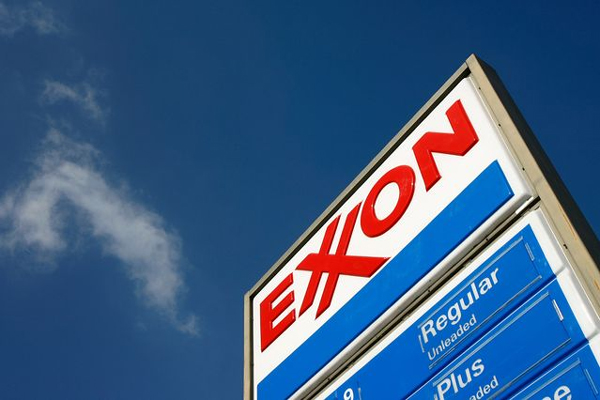
Avi Salzman, Barron’s
NEW YORK
EnergiesNet.com 10 26 2022
A warning from President Biden could dampen the party atmosphere for Big Oil’s expected third-quarter earnings bonanza.
Biden, who is worried about high gasoline prices, said last week that oil companies should be more focused on increasing oil supplies to bring down prices than on rewarding shareholders. “My message to the American energy companies is this: You should not be using your profits to buy back stock or for dividends,” he said in a speech at the White House. “Not now. Not while a war is raging.”
The message complicates earnings season for companies that are otherwise in the strongest shape they’ve been in for years. While shareholders want them to spend more cash on payouts, there’s political pressure to limit those rewards. Similarly, European companies will have to assuage concerns in Europe about high commodity prices, even as they accelerate efforts to grow low-carbon businesses.
There’s no doubt earnings will be high, and will outpace companies in every other sector. The average S&P 500 stock is expected to increase its earnings 1.8% year over year in the third quarter. The average energy stock in the index is expected to grow earnings 118%. For investors, two issues will hang over the results—whether their stocks will respond to the windfalls, and what the companies will do with all that money.
Starting on Thursday, Big Oil companies in Europe and the U.S. will begin reporting their third quarter results. The five best-known oil majors— Exxon Mobil (XOM), Chevron (CVX), Shell (SHEL), BP ( BP ) and TotalEnergies (TTE)—are on track to earn $50 billion collectively, up from $15 billion a year earlier but down from about $60 billion in the second quarter. Add in Norwegian giant Equinor (EQNR) and earnings could reach $57 billion. Shell and TotalEnergies report on Thursday, with Exxon, Chevron and Equinor going on Friday. BP releases earnings next Tuesday.
The expected earnings decline from second-quarter highs is due to lower oil prices in the third quarter and a decline in margins for refining and chemicals businesses. “The third quarter was the first time in nine consecutive quarters the average oil price sequentially fell, causing free cash flow for most oil-levered operators to decline versus the record highs of the second quarter,” wrote Truist analyst Neal Dingmann.
In a pre-earnings release, Exxon told investors that its chemicals and refining businesses were down compared with the second quarter. In the second quarter, tight refining capacity and high demand caused margins for gasoline and diesel to soar. Margins remain high, especially for diesel, but have dropped for other products like gasoline.
In general, oil and gas stocks have performed well, but there’s been a divide for the big names. The U.S. stocks have been outperforming their European counterparts, climbing 59% over the past year. The European stocks are up 13% for the same period. Investors are skeptical of the decision by European companies to spend more on renewable energy sources like wind and solar. Broader economic weakness in Europe has also hurt the companies there.
One thing that both the U.S. and European stocks have is high dividends and strong buyback programs. BP leads the pack with a dividend yield of 4.5%, followed by TotalEnergies at 4.3%, Equinor at 3.8%, Shell at 3.7%, Exxon at 3.3% and Chevron at 3.2%. The question now is whether companies can comfortably raise those dividends and buybacks without attracting the ire of the government, and perhaps higher tax rates. In the U.K. and EU, oil companies already face windfall-profit taxes. Some lawmakers in the U.S. have proposed a windfall tax too.
The other question hanging over earnings is whether the stocks already have strong results baked in.
Bank of America analyst Doug Leggate argued in a recent note that oil and gas stocks can’t escape the negative dynamics that are afflicting the rest of the market, so they may not get much of a bump from earnings. He noted that energy’s “recent performance has converged on broader market volatility, a potent reminder that the US oils are ‘equities first’ with rising interest rates and rising risk premiums denting valuations irrespective of what we continue to view as a constructive commodity outlook.” Leggate likes stocks he thinks have specific catalysts that can lift them above the average company. One of those is Exxon, which is growing production off Guyana and in the Permian Basin, and adding more investments in liquefied natural gas.
Write to Avi Salzman at avi.salzman@barrons.com
marketwatch.com 10 26 2022












